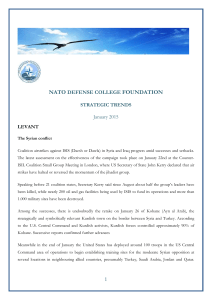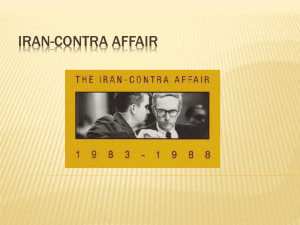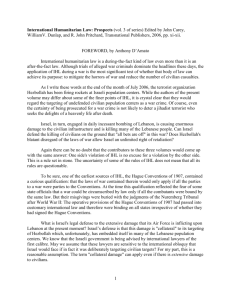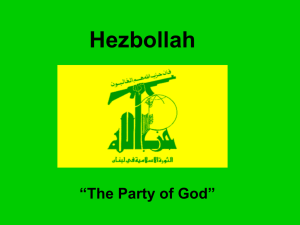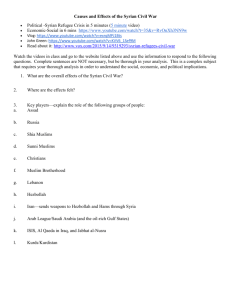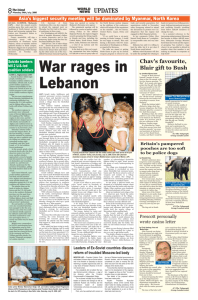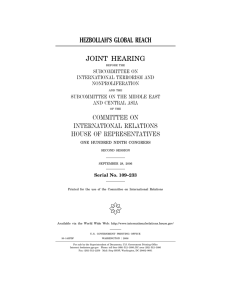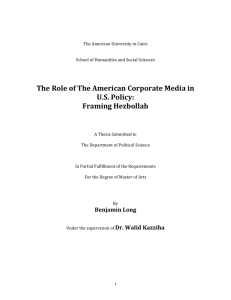Israel vs Hezbollah Article
advertisement
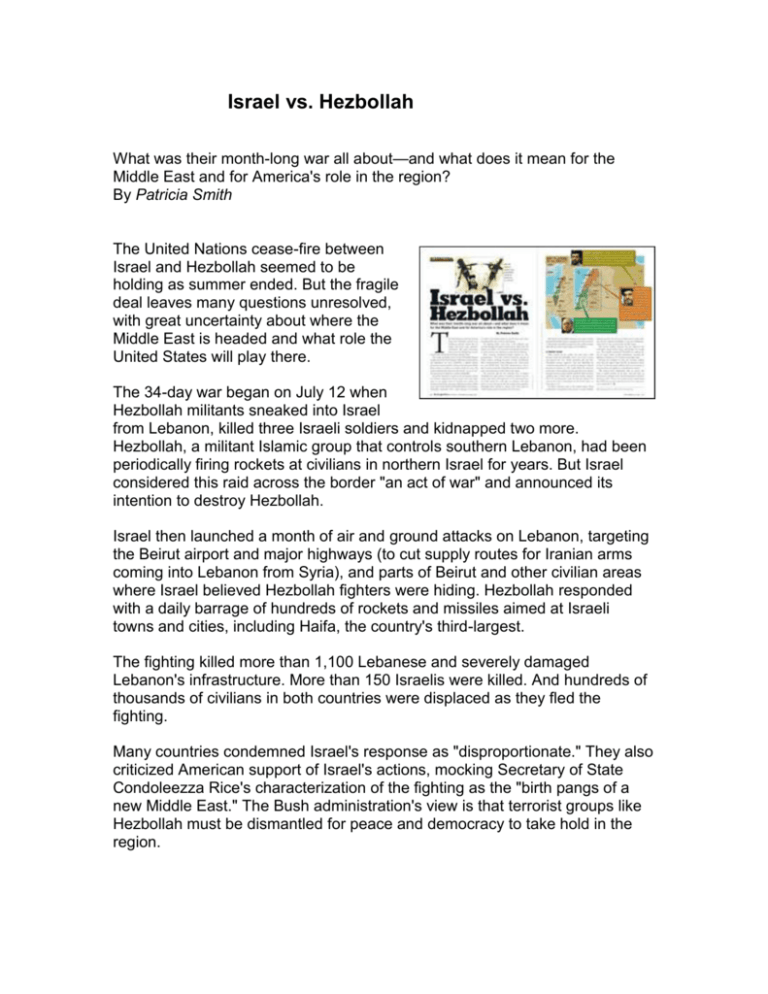
Israel vs. Hezbollah What was their month-long war all about—and what does it mean for the Middle East and for America's role in the region? By Patricia Smith The United Nations cease-fire between Israel and Hezbollah seemed to be holding as summer ended. But the fragile deal leaves many questions unresolved, with great uncertainty about where the Middle East is headed and what role the United States will play there. The 34-day war began on July 12 when Hezbollah militants sneaked into Israel from Lebanon, killed three Israeli soldiers and kidnapped two more. Hezbollah, a militant Islamic group that controls southern Lebanon, had been periodically firing rockets at civilians in northern Israel for years. But Israel considered this raid across the border "an act of war" and announced its intention to destroy Hezbollah. Israel then launched a month of air and ground attacks on Lebanon, targeting the Beirut airport and major highways (to cut supply routes for Iranian arms coming into Lebanon from Syria), and parts of Beirut and other civilian areas where Israel believed Hezbollah fighters were hiding. Hezbollah responded with a daily barrage of hundreds of rockets and missiles aimed at Israeli towns and cities, including Haifa, the country's third-largest. The fighting killed more than 1,100 Lebanese and severely damaged Lebanon's infrastructure. More than 150 Israelis were killed. And hundreds of thousands of civilians in both countries were displaced as they fled the fighting. Many countries condemned Israel's response as "disproportionate." They also criticized American support of Israel's actions, mocking Secretary of State Condoleezza Rice's characterization of the fighting as the "birth pangs of a new Middle East." The Bush administration's view is that terrorist groups like Hezbollah must be dismantled for peace and democracy to take hold in the region. The cease-fire calls for the Lebanese army to disarm Hezbollah and take control of southern Lebanon and the border with Israel, with help from a U.N.sponsored force of 15,000 troops. It's a tall order for Lebanon, still weak from a 15-year civil war. In the first weeks of the cease-fire, Hezbollah said it would not disarm, and it was unclear if 15,000 troops could be found for the U.N. force. Both Israel and Hezbollah claimed victory. Israel certainly damaged Hezbollah's military capability, but it did not destroy it. Meanwhile, Hezbollah emerged from the conflict stronger politically and with broader support in the Mideast. A Proxy War? Many experts say the conflict was more than a fight between Israel and Hezbollah, that it was in fact a proxy war between the U.S., Israel's staunchest ally, and Iran, Hezbollah's primary supporter. (Iran and Hezbollah are considered responsible for the suicide bombing of a Marine barracks in Lebanon in 1983, which killed 241 American servicemen.) Some analysts say Iran used the war to distract attention from its nuclear research, which the West and Iran's neighbors fear is being used to develop nuclear weapons. The U.N. has demanded a halt, but Iran has refused. So what is America's role in this volatile region? There is still much to be gained or lost: access to crucial oil fields, fighting terrorism, the security of Israel, and of course dealing with the continued instability in Iraq and Afghanistan, where the U.S. has a total of some 162,000 troops. The current conflict, however, has put America's key Arab allies—Saudi Arabia, Egypt, and Jordan—in a tough spot. They initially condemned Hezbollah for sparking the war but grew uneasy as their populations, watching the fighting in Lebanon on TV, became increasingly angry. Between the situations in Iraq and Lebanon, pulling away from the region might look like an attractive option for the U.S. But that seems unlikely, and not just because of concerns about oil supplies or commitments to Israel. "We learned from Afghanistan that we cannot just leave a volatile territory on its own," says Vali Nasr, an Iranian-born professor at the Naval Postgraduate School in Monterey, Calif. "There is no broader security organization like NATO for us to try to pass the buck to. So in some ways we're stuck with it." Israel vs. Hezbollah Answer the following questions in COMPLETE SENTENCES. 1. What is Hezbollah and how did it start a war with Israel? 2. How did Israel react and how did Hezbollah react to Israel’s actions? 3. How did the international community (other nations) react to this situation? 4. List at least two reasons the proposed cease-fire will be difficult? 5. Although this is a war being fought between Israel and Hezbollah, many people call this a “proxy’ war between which countries? 6. How has Iran been involved in this and past incidents? 7. What is at risk for the United States? 8. Why is this a difficult situation for the governments in the Middle East who are allies to the United States? 9. Why doesn’t the United States just ignore the situation? 10. Which of the following best describes the main point of this article? a. The conflict between Israel and Hezbollah is a difficult situation that involves many other nations. b. The conflict between Israel and Hezbollah was started by Hezbollah in order to defend themselves against Israel’s attacks. c. The conflict between Israel and Hezbollah is a local affair which does not involve other parts of the world. d. Israel is an aggressive nation that is using its power to bully other nations in the Middle East

